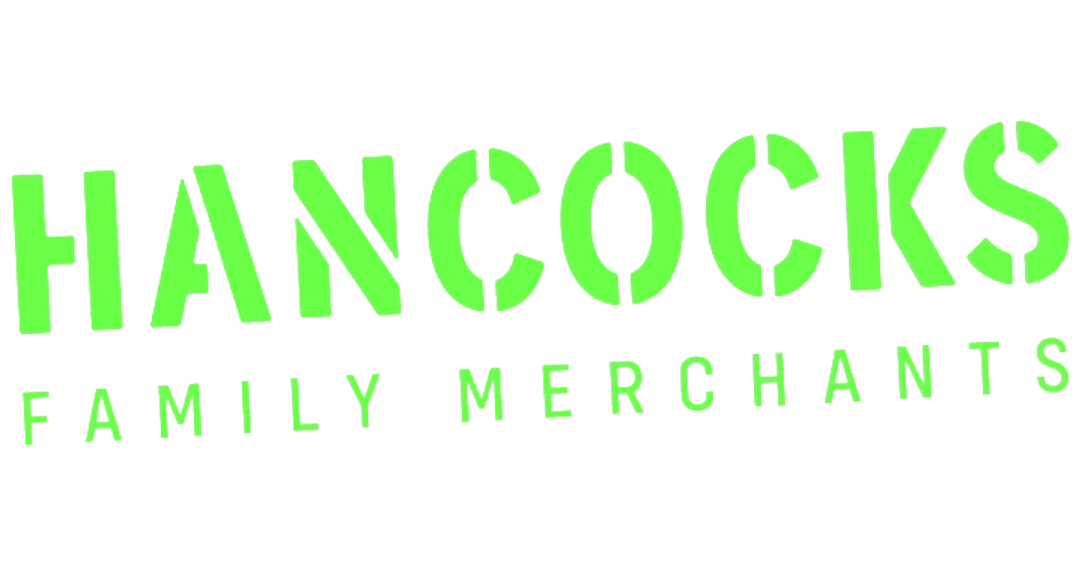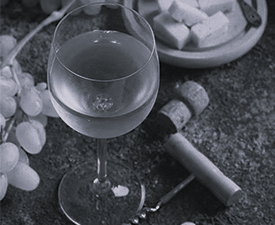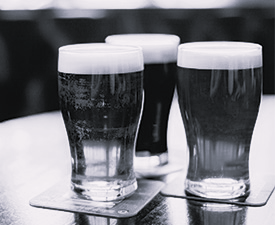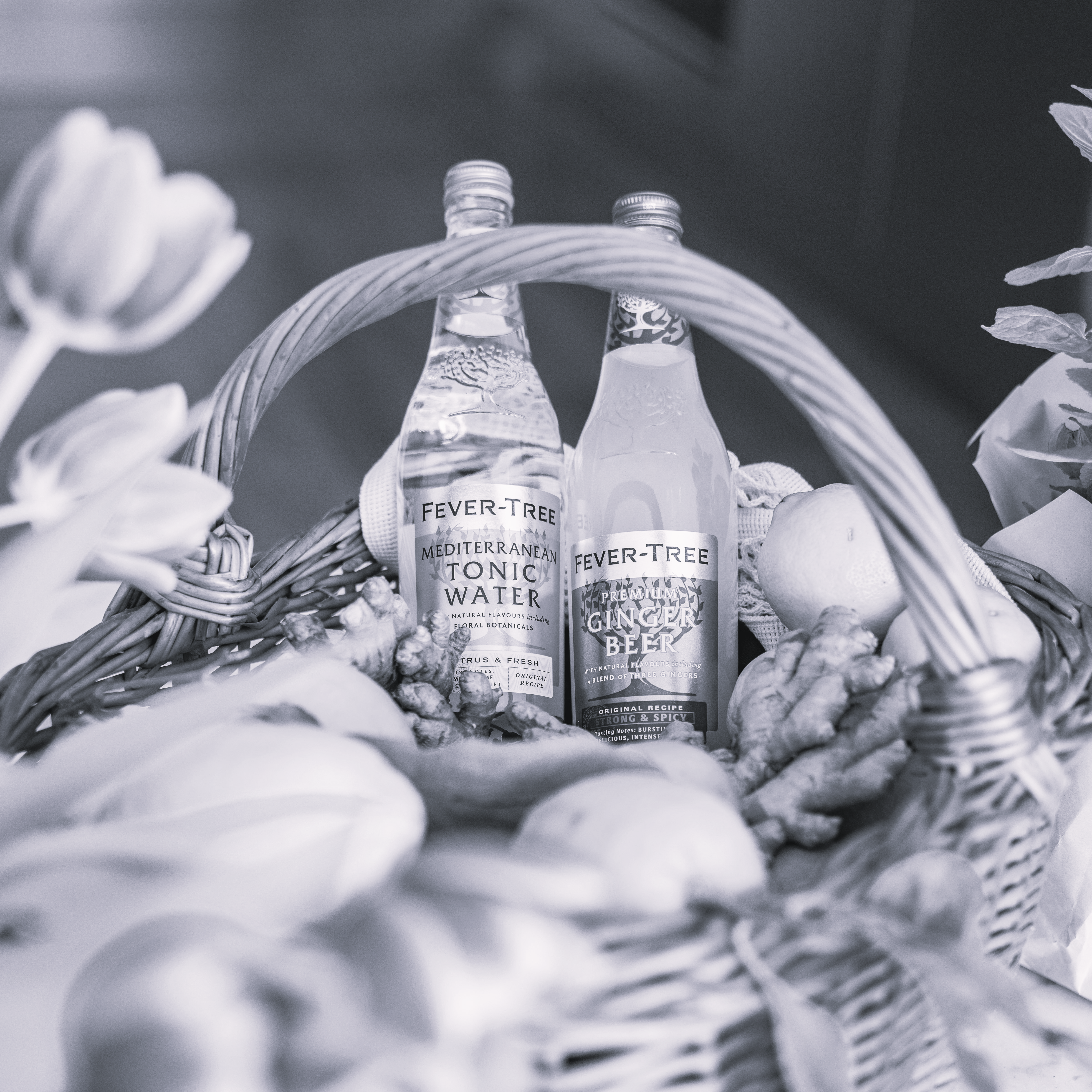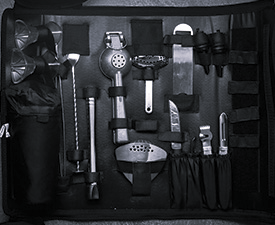Hancocks is dedicated to reducing our carbon footprint and environmental impact.
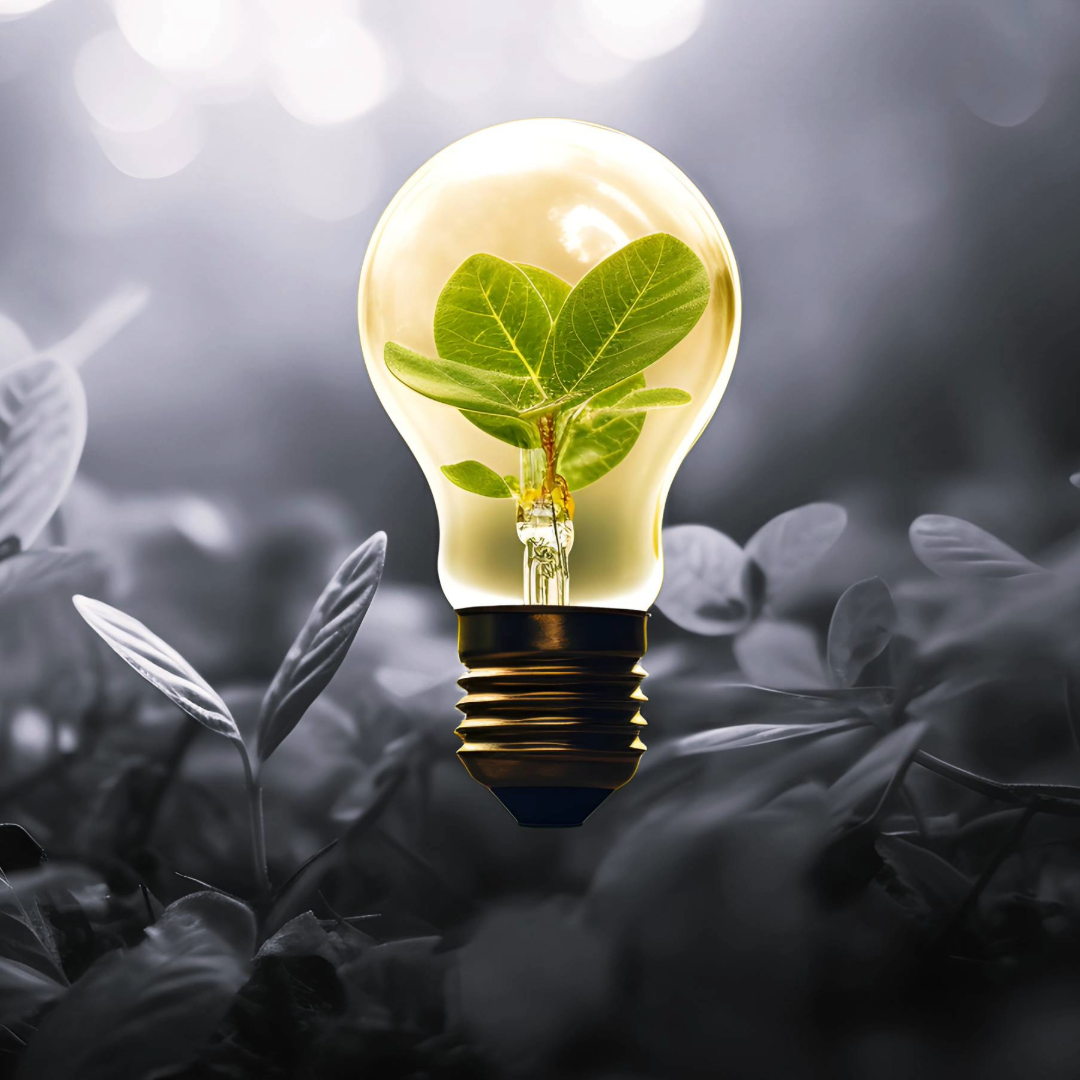
Our onsite water collection and solar energy generation at Te Whare Tuuranga demonstrate our commitment to reducing emissions. We are committed to working alongside brands and suppliers who are aligned to our values, and we are extremely proud that forty percent of the brands in our portfolio are also embarking on journeys to have a positive impact on the planet. Examples include De Bortoli and Flor de Caa, who have comprehensive social and environmental sustainability initiatives.
We recognise that water is a taonga (treasure) and must be preserved. At Te Whare Tuuranga, we collect 50,000 litres of water from the roof. The water is stored in tanks used for cleaning our yard, the building, and vehicles, and we use it onsite for the community garden and chicken coop. This helps Hancocks be an active contributor to the Auckland Drought Management Plan 2023 and Auckland Water Efficiency Plan 2021-2025 by reducing our municipal water demands, as well as contributing to Aucklands Climate Plan. Our rainwater harvesting actively helps reduce the risk of stormwater entering wastewater treatment facilities and flooding, increasing Aucklands resilience in extreme weather events.
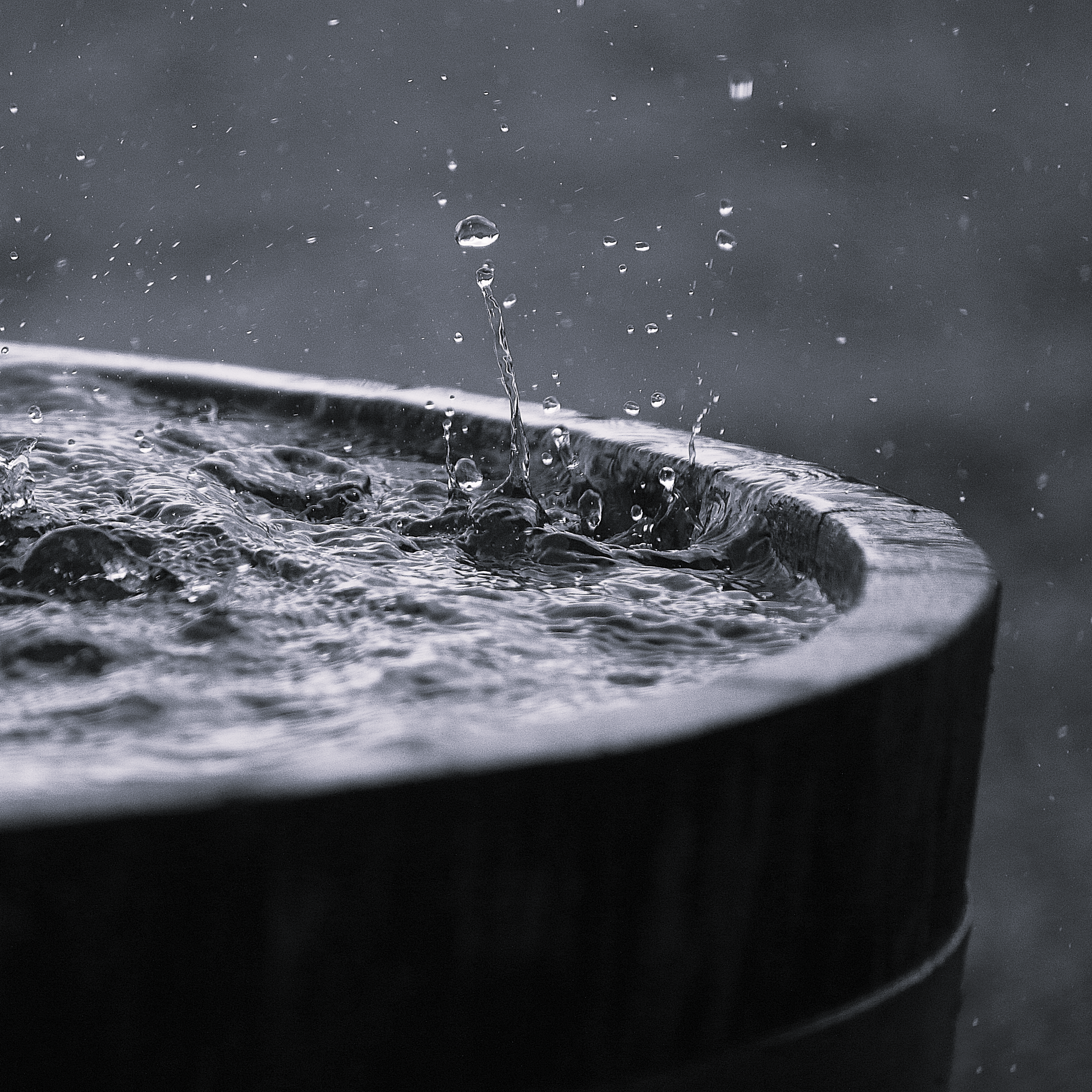
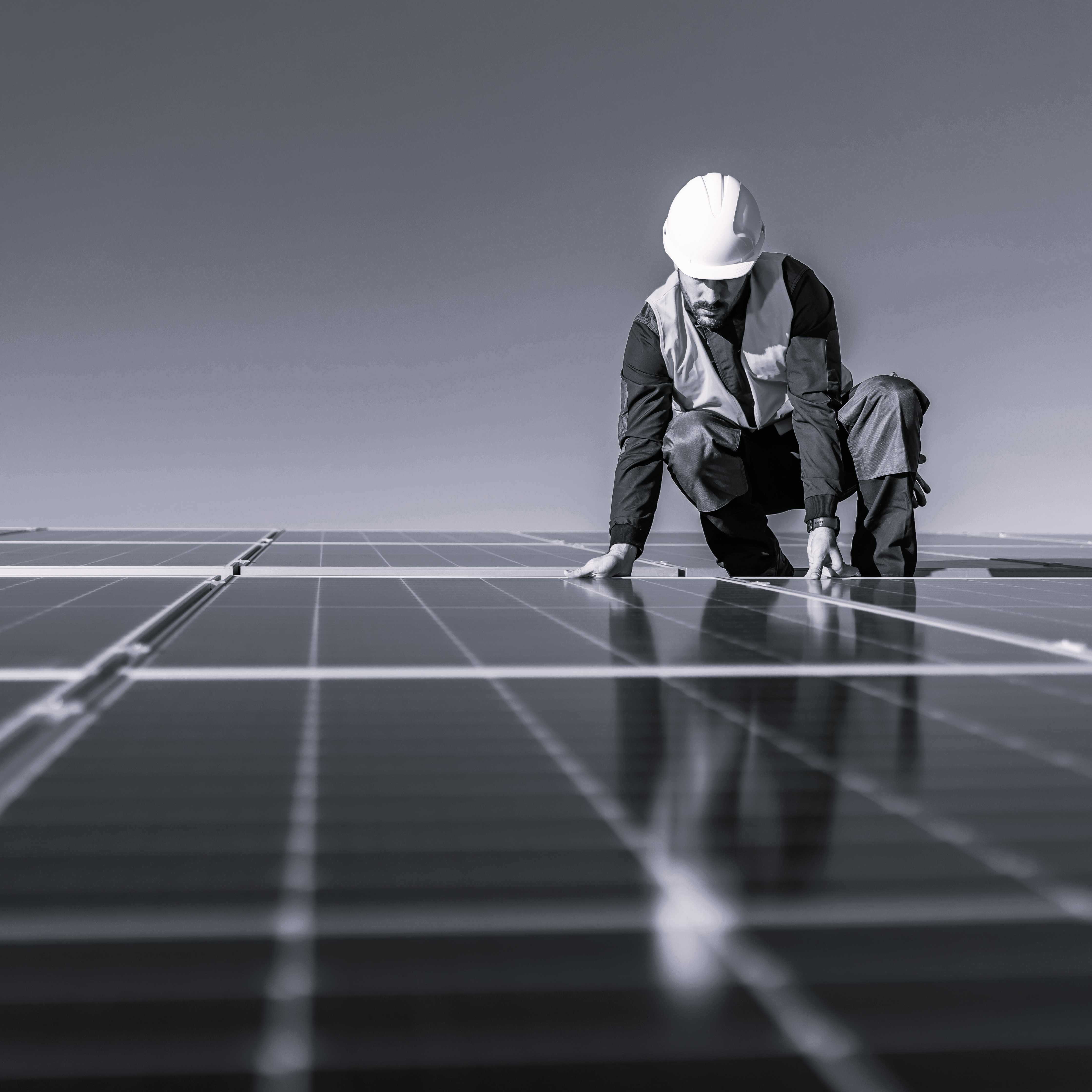
Hancocks is moving towards 100% renewable energy across all our sites. Te Whare Tuuranga has 480 solar panels installed on the roof. The electricity generated helps power the warehouse and office, and excess energy is sold back to the grid.The remainder of Te Whare Tuurangas energy is provided by Meridian Energy. Hancocks entered a Renewable Energy Certification (REC) agreement with Meridian Energy in 2022 and has received 362.95 MWh of RECs covering the calendar year of 2023. The solar energy generated onsite and purchased renewable energy accounted for 100% of Te Whare Tuurangas energy needs in 2023 .
We have about 8-10 hives onsite (these vary over the course of the season), maintained by third-party beekeepers: Lion Apiaries. The hives are called six-framers, as they have only six frames compared to the usual ten. These smaller hives are used to breed queens in and to build new hives from. They are not honey production hives, but the bees are taken to become honey production hives on other sites around Auckland. Lion Apiaries provides Hancocks with Raw, Multifloral honey produced from the local urban areas in Auckland at the end of each season for hosting hives at Te Whare Tuuranga. This honey is then shared with staff. Bees are crucial for local ecosystems (they pollinate food crops and are responsible for around 80% of all pollination) and are under threat worldwide. By hosting Lion Apiaries hives onsite, we are contributing to vital pollination services and helping Auckland to stay fruitful.

